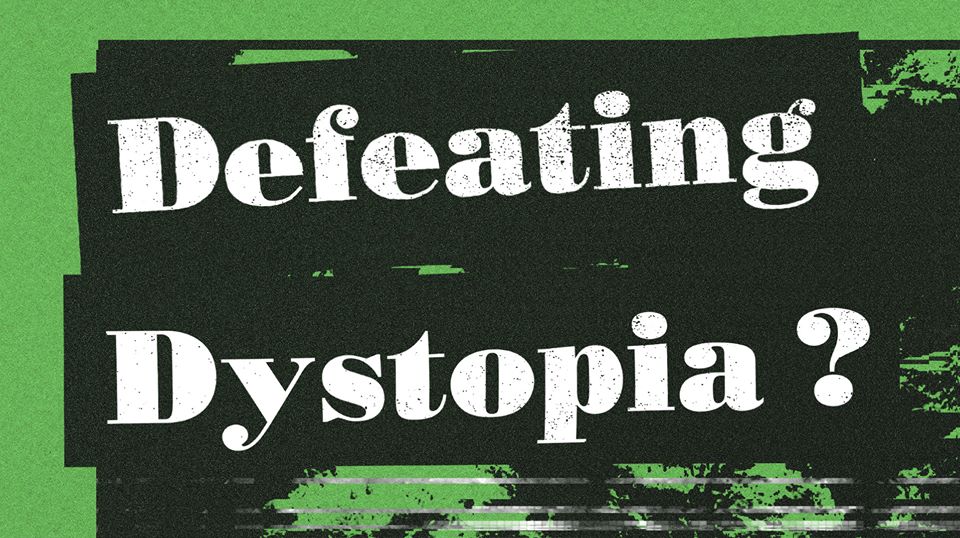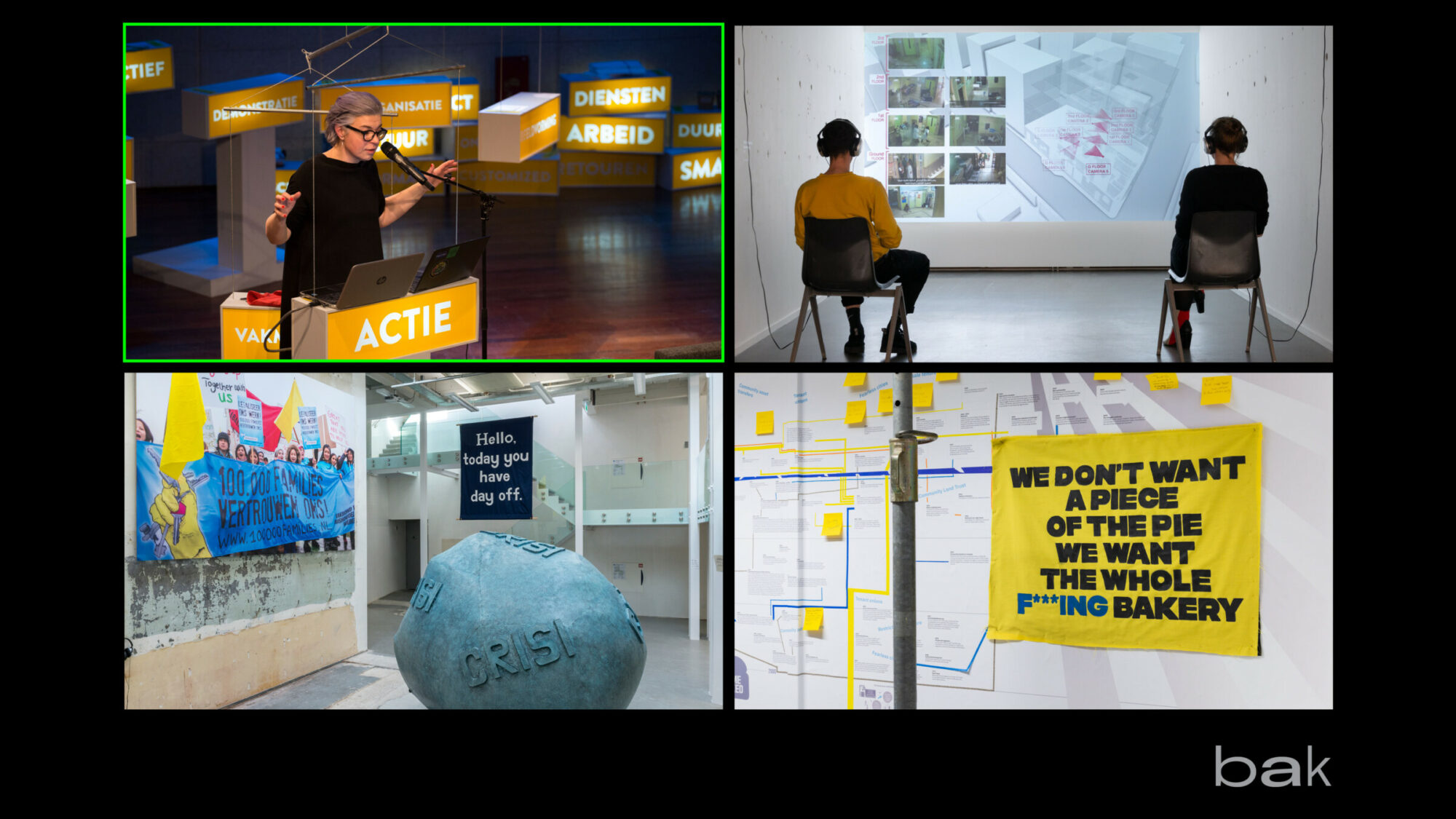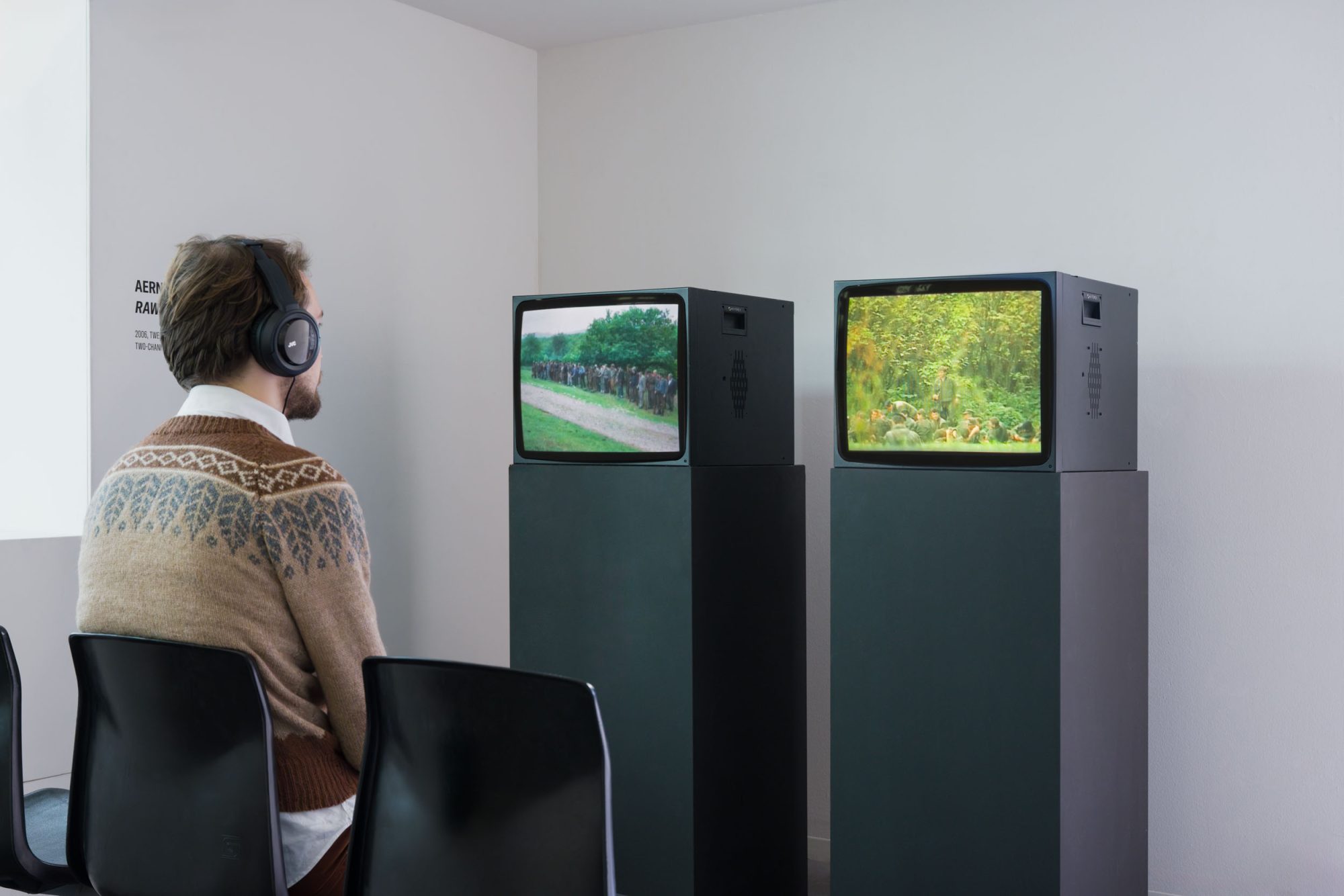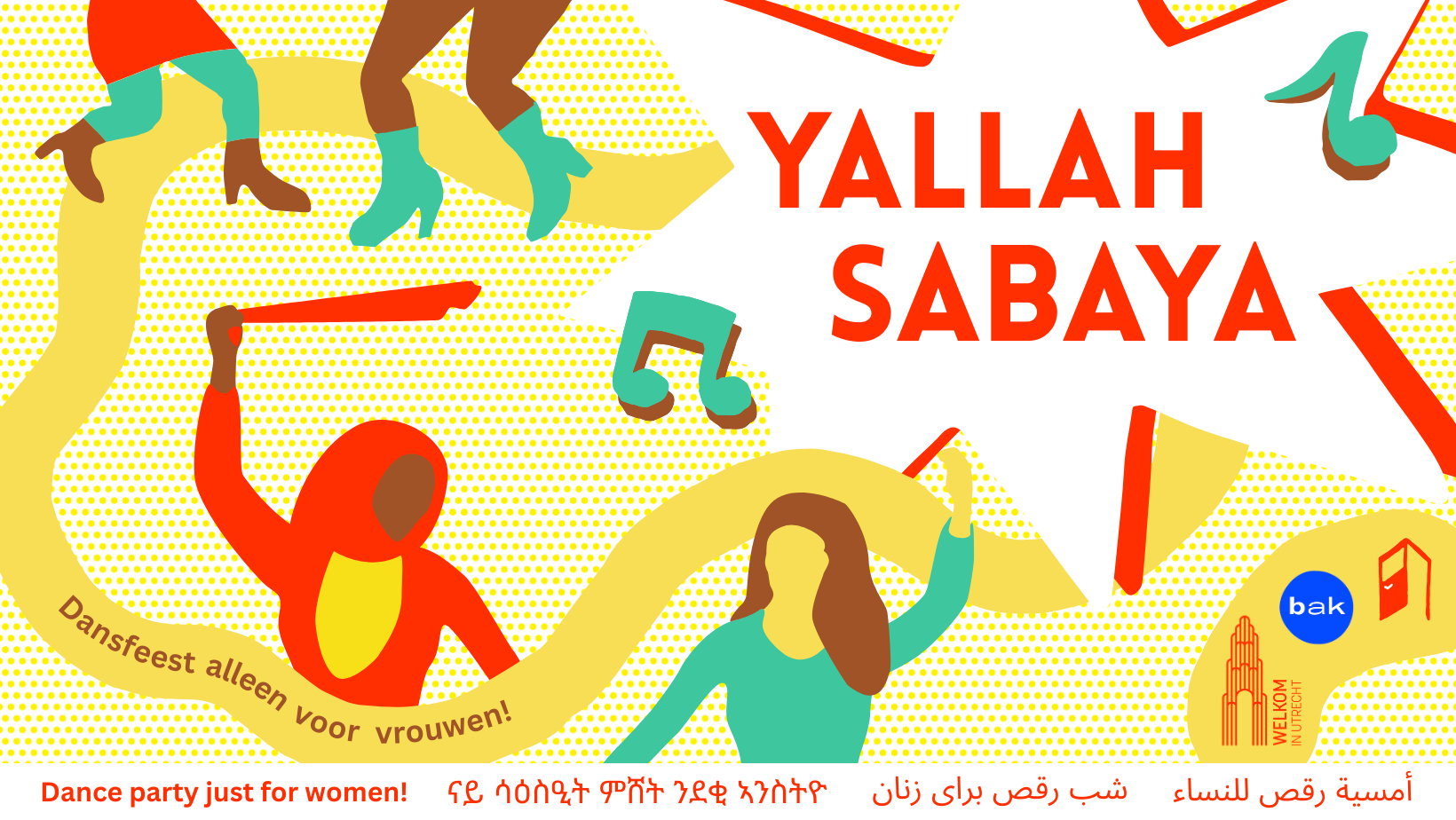09 September–08 December 2023-Ongoing
Program
BAK programming combines the artistic, experiential, theoretical, and political so as to imagine and enact transformative ways, with and through art, of being together otherwise. BAK’s current research trajectory Propositions for Non-Fascist Living (2017–ongoing) is prompted by the dramatic resurfacing and normalization of fascisms, historical and contemporary. BAK organizes exhibitions, lectures, publications, workshops, and composite performative conferences with exhibitionary, discursive, and performative elements.
Calendar
Current & Upcoming
Crowdfunding Campaign
Exhibition
22 September–08 December 2023-Ongoing
Suggestions from the archive
BAK basis voor
1 February, 09.30–2 February, 18.00 2020
2.Dh5 Festival – Defeating Dystopia?
BAK, basis voor 2.Dh5
The fourteenth edition of the yearly 2.Dh5 festival is coming to BAK basis voor actuele kunst, Utrecht on 1-2 February 2020, with the theme “Defeating Dystopia?” The festival is part of the program series BAK, basis voor…, in which BAK join forces with other organizations in addressing shared urgencies and developing propositions for a future of “being together otherwise.”

Lecture
11 January 2009
Mythic Narratives of Secularism and Religion
lectures by Sven Lutticken, Kenan Malik, Markha Valenta
This session reflects on various religious and secular narratives, attempting in the process to open up possible futures beyond that of a zero-sum “clash of civilizations.”
Education Program
21 June, 19.00–7 July, 21.00 2021
Course: Art as Politics
An Online Extension of BAK Public Studies
A new edition of the online course Art as Politics, taking place on the following dates: 21, 23, 28 and 30 June & 5 and 7 July 2021. The course, taught by BAK’s Maria Hlavajova, brings those involved and/or interested in art, theory, and social action into collective conversation.

Public program
18 December 2019, 18.30-21.30
International Migrant Day: a walk by the Basic Activist Kitchen
On Wednesday 18 December, the Basic Activist Kitchen will organize a walk in honor of International Migrant Day, starting at Moskeeplein and ending with a dinner in collaboration with Taste Before You Waste at BAK basis voor actuele kunst, Utrecht. International Migrant Day pays homage to the lives, rights and contributions of migrants to societies […]




